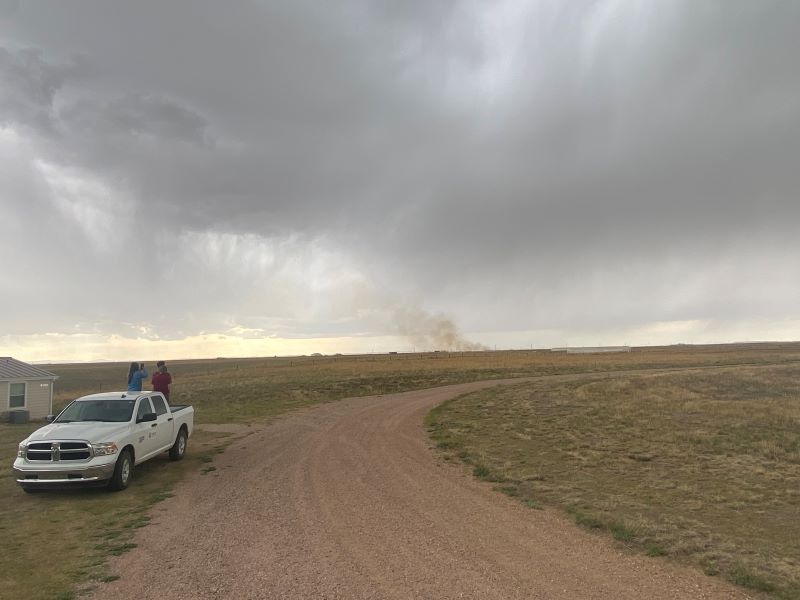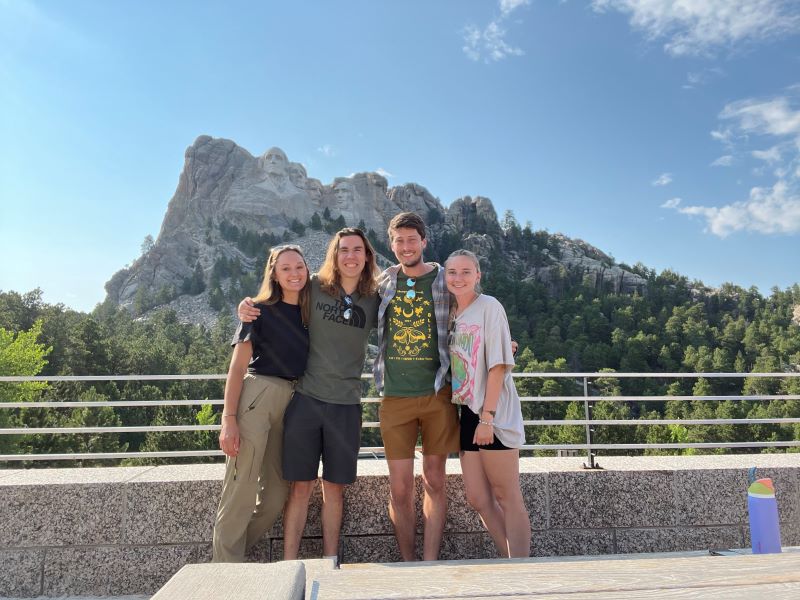Hello my name is Charlize Haynes and I would like to take some time to talk about my amazing experience as a 2024 Siegele intern. I am currently a fourth year zoology student at Colorado State University, and plan on using my degree to pursue conservation biology. But without the hands-on experience that I have gained from working with and around peers that are either eager to learn or have experience in the field, I would not be as confident with my future in conservation.
Internship Introduction
To kick-off the start of the summer, all of the interns were placed in a classroom setting to get acquainted with what is to be expected of us during our time in the field. We had the chance to connect with other students and learn about the goals and purpose of each project that we were assigned to. We had the opportunity to take a first-aid class that prepared us if any danger was to happen to us on the field. As a final push before we went our separate ways, the group spent some time in Rifle Ranch where we gained knowledge from the process of restoring land as well as plant IDing, to outdoor life, etc. These skills served to come in handy throughout the summer and was a great segway for all of the upcoming work to be done.


Prairie Dog Conservation
The entirety of my summer was spent with the focus of data collection of prairie dogs. The dogs carry the sylvatic plague which is transmitted through fleas and can travel up the food chain. Since there is a decrease in prairie dog populations, species like the black-footed ferret have become endangered since they depend on the prairie dog burrows for shelter and the dogs themselves for food. So the prairie dogs can be thought of as a keystone species and our efforts revolved around looking for resistance in their DNA to be able to relocate individuals in hopes to spread the resistance to the plague.
With this in mind, my crew and I spent time in prairie dog hotspots including Pawnee National Grassland Colorado, Thunder Basin Wyoming, and Conata Basin South Dakota to set up traps for various lengths to gather as much data as possible. I gained experience in setting traps/fencing, baiting traps, collecting prairie dogs, administering anesthesia, drawing blood, taking ear samples, implanting PIT tags and way more. Through all of this I also had the opportunity to see and learn from all of the wildlife around us and endeavor unforgettable memories such as sleeping with bison inches outside of our tents!


Conclusion
I will always be grateful for the opportunity I had to be a Siegele intern. My experience gave me a well-rounded idea of the importance of conservation work and a glimpse into what my future may very well look like. I made connections with individuals that I hope to keep throughout my life as doing this kind of work brings people close and may be beneficial later down the line. I would recommend this experience to anyone wanting to gain experience with field-skills or is unsure if this type of work is right for them. I now am more sure working to help benefit the natural planet is my calling.






